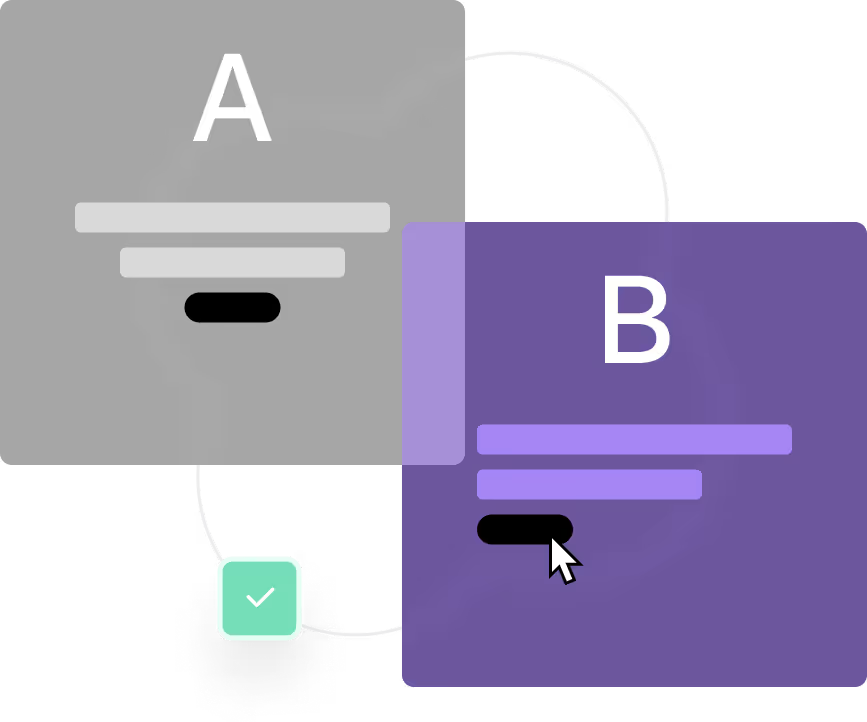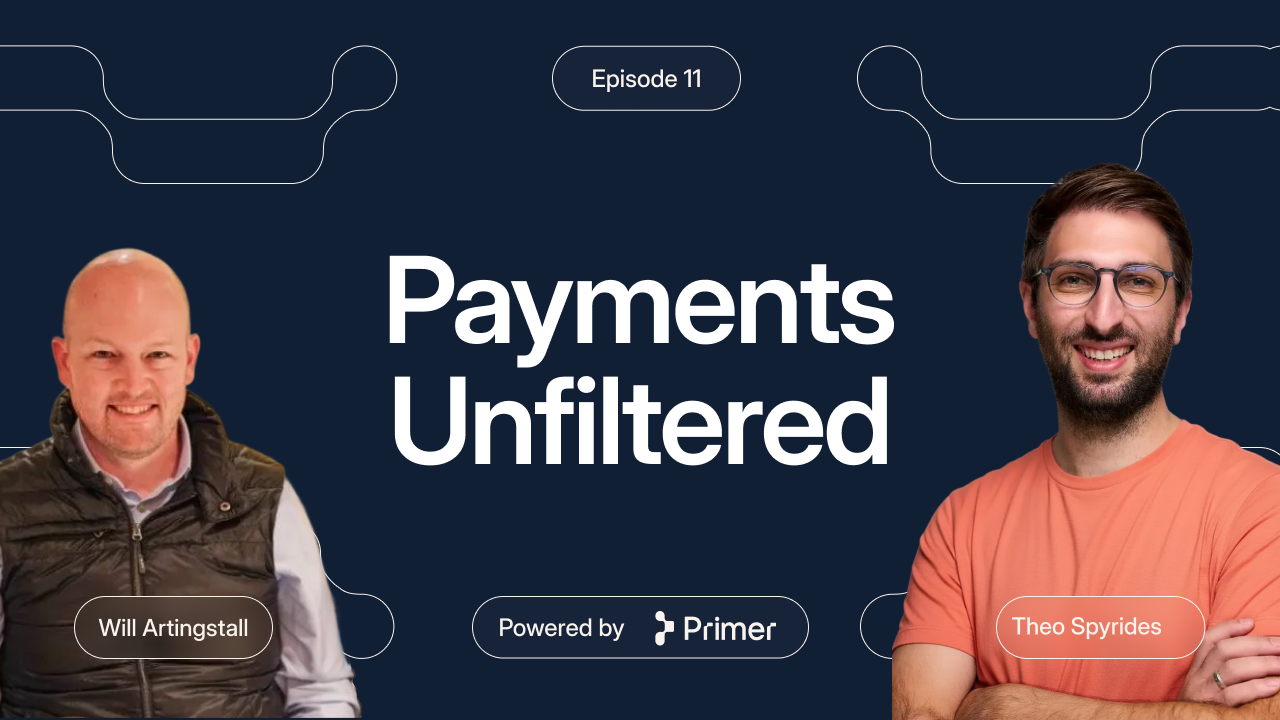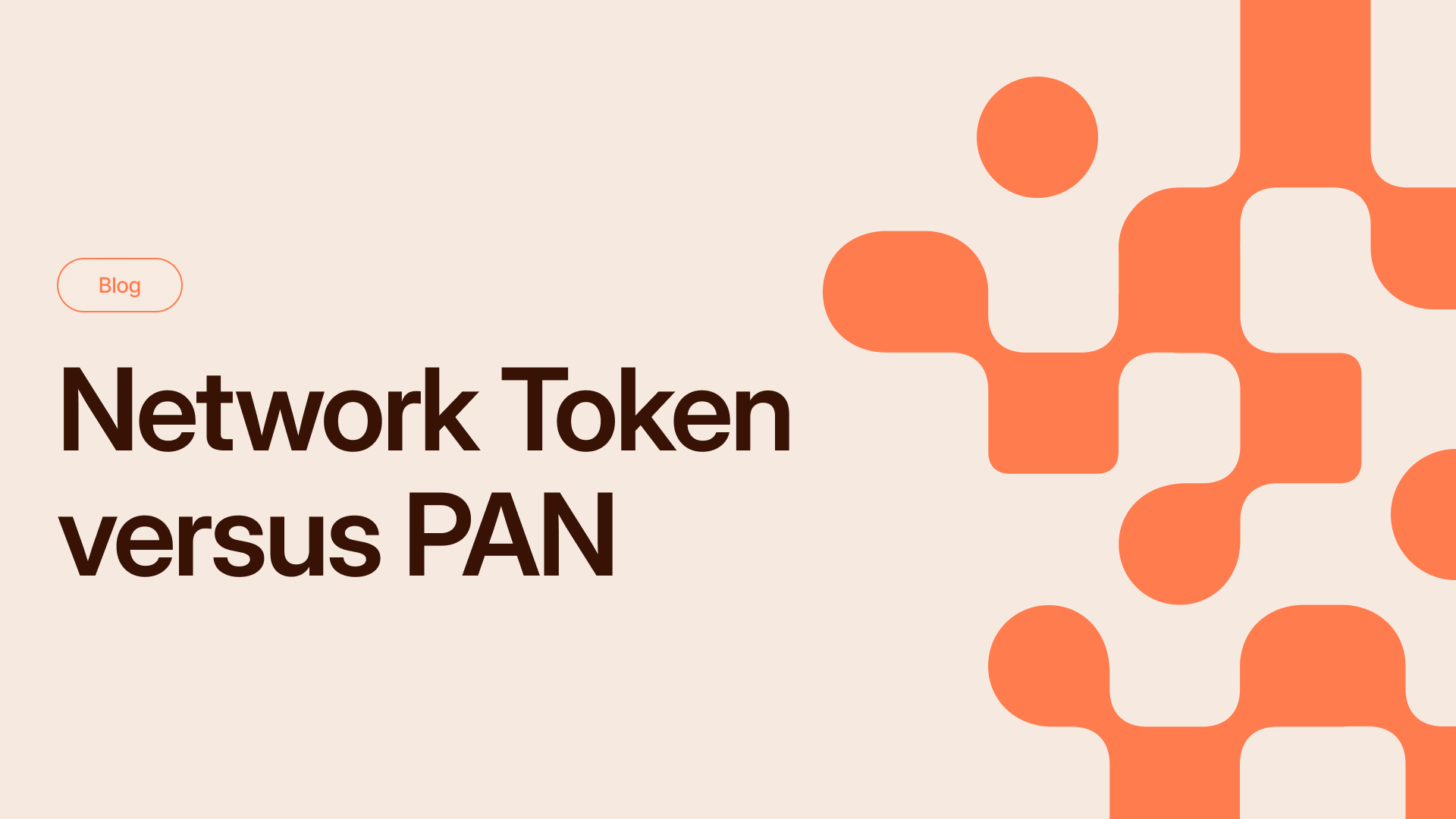Payment orchestration has been a hot topic in recent years—and for good reason. Managing payments today means navigating a maze of processors, payment methods, and services like fraud prevention to operate effectively globally.
At some point, payment complexity becomes more than an inconvenience—it’s a bottleneck. Maybe your engineering team is bogged down fixing payment issues and delaying core platform updates. Or your authorization rates are plummeting with no clear fix. Perhaps your leadership team is frustrated that enabling payments in a new market will take months.
Whether you already feel these pain points or want to avoid them, you’re here to explore payment orchestration. But with so many payment solutions claiming to offer it, how do you choose?
The market—and payment landscape in general—is crowded, and the differences between providers can be subtle. But in payments, the devil is in the details—and those details can make all the difference.
Here are five key considerations for selecting the right payment platform for orchestration, comparing popular platforms, and how Primer—a unified payment infrastructure that offers market-leading orchestration capabilities—can help you overhaul and optimize your payment stack.
Ready to take control of your payments? Discover how orchestration tools can simplify complexity, boost efficiency, and unlock growth. Book a call with our experts.
1. Does the platform offer the flexibility your business needs?
No two businesses have the same requirements when it comes to payments, and you need to ensure the platform has the flexibility to meet your business's unique needs. In some cases, that's obvious; for instance, you must ensure the platform has integrations with all your critical payment services. However, flexibility extends beyond these connections.
It also includes:
- Compliance: Can the platform flex to meet the unique compliance obligations of your industry or markets in which your business operates?
- Experience: Can you localize the checkout experience in just a few clicks, availing the most relevant payment methods and presenting it in the local language?
- Integration: Does the platform offer a low code drop-in option and a more advanced headless option?
- Optimization: Does the platform offer you the tools and data-driven insights to empower you to optimize your payment flow for performance, cost, or risk?
- Workflows: Does the platform provide an intuitive UX that allows you to easily build, duplicate, and manipulate transaction routing?
- Payment pages: Does the platform offer customizable checkout experiences that maintain your brand identity
Remember, the last thing you want is to be locked into the ways of working dictated by the platform provider. It's your business and your payments: you should be able to do what you need without compromise.
2. Does the platform offer proprietary tools to improve your payment performance?
The core functionality of an orchestration platform is the ability to bring all payment services into one platform and route payments optimally. But that shouldn’t be all it offers. By sitting above all your payment gateways and payment service providers (PSPs), there are a host of value-added services an orchestration platform should offer to empower you to optimize your payments and capture more revenue. These include tools to:
- Implement Fallbacks to recover revenue from payment declines, using automated retry logic.
- Unify the 3DS experience across all your payment flows.
- Smart route payments using advanced payment routing.
- Utilize network tokens across all your payments without code to simplify token generation, application, and management, enhancing secure payment processing.
3. Does the team behind the platform have the knowledge and payment experience to support your success?
In reality, every orchestration provider should offer high levels of essential support. If they don’t, they won't keep customers for long. However, there can be sharp differences in the other aspect of service: customer success.
In an area as complex as payments, having an expert partner by your side to navigate the changing ecosystem, proactively work to find new opportunities for optimization, and be readily available to answer questions is priceless. Ask your shortlisted providers about their approach to customer success and ask for a reference call with a live customer to validate their claims.
See how merchants unlock success with Primer.
4. Does the platform offer advanced analytic capabilities?
When you're checking out a potential new provider, it's not only about how much data they have. It's about the tools they give you to extract, refine, and transform that data into actionable insights.
Key aspects to assess include the capability to:
- Synchronize data tailored to your preference directly to your data warehouse or export it as a .csv file for your finance and operations teams to scrutinize.
- Monitor success rates across your payment systems and identify opportunities to optimize performance.
- Establish real-time alerts for sudden spikes or drops in pivotal performance metrics.
- Leverage sophisticated charts, filters, and dashboards to scrutinize your payment data with the desired granularity.
5. Does the platform have features that extend its use case beyond payments?
As payment leaders look to take a more strategic role in their organizations, it’s also worth exploring the value your new orchestration platform can add to teams outside your own. Some platforms allow you to integrate third-party services into your payment workflow using a single platform approach, helps you to streamline digital payment management. One example is empowering customer support to quickly solve payment issues with VIP customers by automatically creating ZenDesk tickets if payment is declined.
Learn more: Your ultimate payment orchestrator buyer’s guide
Why consider using Primer for payment orchestration?
Primer simplifies payment management through a single API integration by centralizing multiple payment methods, providers, and fraud prevention tools into one platform. With our payment orchestration tools, you can integrate with global and local processors and add multiple payment methods in a few seconds without any code.
But Primer isn’t simply a payment orchestration platform (POP)—it’s a unified payment infrastructure designed to manage, optimize, and scale global payments. With advanced workflows, actionable insights, and flexibility, Primer empowers businesses to take full control of their payment stack, transforming complex payment processes into opportunities for growth.
Here’s a rundown of just a few of Primer’s capabilities:
Optimize performance and cut costs with smart routing
Effective payment routing can be a game-changer for your bottom line. However, implementing even the simplest payment routing rules can be complex, requiring significant engineering resources and constant fine-tuning to ensure optimal performance. Primer removes these barriers with Workflows.
Workflows is our no-code dashboard that gives you complete control over your payment routing without needing developer input. Using an intuitive drag-and-drop builder, you can set up and automate rules to guide every transaction along the most effective path based on metrics like performance, cost, and region.
We recommend that all merchants use Fallbacks, a powerful routing tool. If a payment fails and is recoverable, fallbacks will step in, routing transactions to a backup processor in real time and ensuring no revenue slips through the cracks. This feature has helped Primer customer Banxa recover 17% of lost payments, revenue that would otherwise be lost.
With Primer, you can optimize costs, prioritize performance, and recover lost revenue without needing any technical expertise—all through a single integration.
Read more: A guide to payment routing: everything you need to know
Effortlessly integrate with payment processors and add new payment methods
Managing payments can quickly become overwhelming, especially when juggling payment methods and multiple payment processors. This gets even harder when you decide to scale and expand into new markets.
Fortunately, Primer makes this an issue of the past. Thanks to our unified API, you can access some of the most popular payment processors and global and local payment methods—without any additional code.
Adding payment processors and new payment methods to your payment stack takes just a few steps:
1. Choose the processor you want in the Primer Dashboard
2. Grant Primer access to your processor account
3. Choose any alternative payment methods you want for this processor
4. Configure when and when these payment methods appear for your customers in our universal checkout.
This speed of integration was critical for our customer, Dabble, a social betting app. They were looking to expand rapidly in Australia’s notoriously competitive betting industry— they needed the ability to seamlessly add new payment methods and processors to meet customer expectations and regulatory requirements.
Thanks to Primer, Dabble quickly integrated popular digital wallets like Apple Pay and Google Pay, offering a frictionless user experience. They also onboarded multiple new processors, including Nuevi and Checkout.com, to build redundancy into their payment stack and dynamically route transactions for optimal performance.
Here’s what they had to say:
"Primer enabled us to activate new payment methods and processors at lightning speed,” said Anthony Cugnetto, Head of Product at Dabble. “This allowed us to handle the spike in volumes during the Melbourne Cup while maintaining a 96% authorization rate, which was instrumental in our success.”
Read more about our work with Dabble: Dabble picks a winner by partnering with Primer
Gain actionable insights across all payments with Observability
Primer’s Observability tools provide a single, intuitive dashboard that consolidates data from your entire payment stack, delivering real-time insights to help you identify and resolve issues before they escalate. Instead of reacting too late, you can take proactive steps, such as reviewing payment method performance or swapping out a poor-performing payment processor.
Using over 100 visualizations, you can track acceptance rates, transaction trends, and regional performance. This will allow you to uncover abandoned cart patterns and test and improve your strategy.
To stay ahead of disruptions, Primer’s Monitors tool lets you set automated alerts for sudden drops in approval rates or transaction volumes. You’re notified instantly—through email, webhooks, or even Slack—so you can act before abandoned carts affect your bottom line.

How Maisons du Monde used payment orchestration to unlock growth

Maisons du Monde, a leading European home decor brand operating in 11 countries, faced mounting challenges as its ecommerce operations expanded. To meet customer preferences across diverse markets and scale its online sales, the business needed to integrate multiple payment processors and methods—a process that was becoming increasingly time-consuming and complex.
“However, integrating just one payment method takes us a few months, meaning we can’t scale anywhere near as fast as we want,” explains Jérémy Lechardeur, CTO Direct to Consumer at Maisons du Monde. “That’s not to mention the challenges we have with operational tasks like reconciliation now that we’re accepting multiple payment methods and using multiple payment processors.”.
To overcome these obstacles, Maisons du Monde turned to Primer for its payment orchestration abilities. Primer’s unified infrastructure enabled the team to integrate new payment methods and processors quickly, removing the technical bottlenecks that had hindered their growth. By centralizing their online payments stack, Primer helped Maisons du Monde simplify payment operations and reduce the burden on their technical teams.
This orchestration proved essential in addressing cart abandonment caused by missing payment options. By offering payment methods tailored to each market's payment preferences, Maisons du Monde boosted customer satisfaction and increased conversion rates.
Additionally, Primer’s Observability Dashboard provided deep insights into processor performance and transaction trends. These data-driven insights empowered the team to optimize payment flows, adjust routing strategies, and uncover new growth opportunities—all without the need for additional development resources.
With Primer, Maisons du Monde transformed payments from a hurdle into a strategic growth enabler. This allowed the business to scale faster while delivering a seamless customer experience across Europe.
Read the full case study: Maisons du Monde redesigns its payments with Primer
Primer: more than just payment orchestration
With Primer's payment orchestration layer, you gain the tools to accept, optimize, and manage your payments like never before. Whether it’s integrating alternative payment methods, unlocking more revenue with advanced routing and fallbacks, or gaining real-time insights to refine your strategy, Primer empowers your business to take full control of its payment ecosystem.
Ready to get started? Book a call with our team today.




.png)
